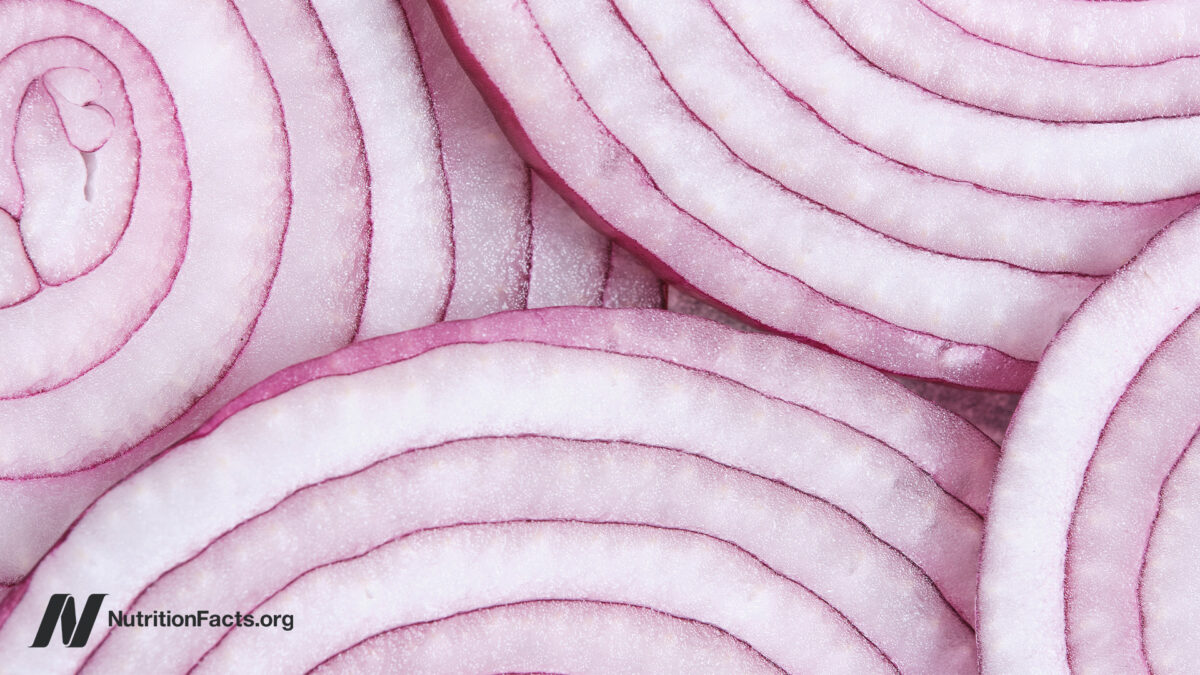What Disability Taught Me About Parenting
I had been disabled for six years when I became a foster mom. In order to get a foster license, my doctor needed to attest to my capacity to parent.… Read more The post What Disability Taught Me About...



I had been disabled for six years when I became a foster mom. In order to get a foster license, my doctor needed to attest to my capacity to parent.
I agonized about asking him.
The degree to which I present as disabled varies. If I’m not using my wheelchair, and if I’m sitting somewhere with adequate supportive cushioning, I can appear well. But, my diagnoses — dysautonomia and Ehlers-Danlos syndrome — both cause unrelenting symptoms that make sitting, standing, lifting, eating, driving, and walking difficult or impossible.
My doctor knew the reality of my disability. He had witnessed my pain and uncertainty. He had watched me curl up on his table, crying. He knew how hard it was for me to take care of myself, how much I relied on readymade meal deliveries and help from friends. I couldn’t imagine what he would say when I asked for him to support my ability to care for another person.
His office had two seating options: one metal chair with cushions and the exam table. For most appointments, I waited for him on the table, lying on my side with my purse as a pillow. Sitting upright in a chair is extremely difficult for me.
This time, I forced myself to wait in the chair. Maybe if I sat there, he would forget all the visits that had come before. The room rocked and spun, my vision faded. I pushed through.
Dr. Stern came in and sat down. “What brings you in today?” he asked. I talked quickly, explaining how much my partner, David, and I had thought about the decision to be foster parents. The preparations, the money we had saved for childcare, his parental leave. Dr. Stern listened carefully and asked a couple of questions.
I answered the best I could but here is what I didn’t fully know yet: becoming disabled had prepared me to be a parent.
Before I became disabled 14 years ago, I pursued happiness and success with a manic and unrelenting drive. Here’s one example: While waiting to hear back from a graduate program in 2007, I got my real estate license. I hoped to earn some extra money that could help pay for school. My compulsion to excel, however, had other plans. Instead of simply squirreling away tuition, I became one of the top sellers in my large company in the first year, opened a new firm with other women in my second year, and was named one of the top agents in the country in my third year.
Working that hard requires regularly overriding other physical and emotional needs. Sleep, comfort, and pleasure are forgotten. Even my vacations ran on a Swiss watch schedule with the very best restaurants, most dynamic neighborhoods, and insider-only haunts.
No one will be surprised to hear that my body didn’t escape my wrath. I ran every morning, did yoga multiple times a week, and packed every meal with more nutrients than any person could possibly use.
I became disabled on an August afternoon while on a hike in Santoroni, Greece. A detour led to heat exhaustion, which led to an electrolyte imbalance, and the combination triggered a latent genetic condition. The day before the hike, I ran and danced. The day after, I could barely get out of bed.
For two years after the hike, I looked for answers. When doctors dismissed my symptoms, I wondered if they were right. Was I just worrying too much? After my diagnosis, I spent two more years grieving and accepting my new reality. I finally admitted that I would be sick forever. But then, the way I labeled myself slowly started to change. The word ‘disability’ started coming up more — my disabled parking placard, disability student services, disability insurance payments.
For me, being sick was pure loss and suffering. But being disabled brought something new: culture. I was now part of the long line of disabled people who had come before me. I started to inhale books and essays by authors who are disabled and/or write about disability: Eli Clare, Elizabeth Barnes, Julie Rehmeyer, Toni Bernhard, Jean-Dominique Bauby, Nasim Marie Jafry, Meghan O’Rourke, Leslie Jamison, Maya Dusenbery, Laura Hillenbrand, Rhoda Olkin, Cheri Blauwet, Erin Raffety, Amy Berkowitz, Nancy Eiesland, Susan Sontag, Madelyn Detloff, Rosemarie Garland-Thomson, Alice Wong, Leah Lakshmi Piepzna-Samarasinha, Elliot Kukla.
The thoughts and lives of these thinkers shifted the way I saw my own story. I started to notice the ways that becoming disabled had changed more than just my physical capacity. The years after the hike has pried my hands from their death-grip on perfectionism. For so long, I had felt like my life was almost good enough, and I drowned in the deficiencies. But disability fundamentally shifted my perspective. Every day is difficult, and a worthy life reveals itself in our capacity to connect with each other, witness good moments, and tell the truth about our lives.
The shininess of my life before disability tricked me into thinking that with enough effort, I could shoehorn my whole existence into something ideal. My days now are slow, painful, and unpredictable. But my core belief about what a day should be has totally changed. I don’t think the goal is perfection, or even joy. I think it’s the courage to tell the truth to yourself.
Becoming a parent isn’t all that different from becoming disabled. Despite our best efforts, parenting is often messy and unpredictable. Becoming a parent releases our delusion of control — or it will, if we let it.
When I imagine what the non-disabled version of me would have been like with a newborn, I feel such sadness for her and the baby. Those early parenting days have so much uncertainty and stillness and pain. She would have railed against it all. She would have missed it.
Instead, when my child came home at eight days old, I had been training, for years, to take things as they came. I was adept at days spent in bed. I was happy to wait.
Thank goodness I was disabled when I met my first foster child, whom we soon adopted, and then, seven years later, my second child. Because, as a result of this limited and aching body, I could actually be there.
Dr. Stern signed the form. “A child will be lucky to have you,” he said.
He was right.

Jessica Slice is the author of Unfit Parent: A Disabled Mother Challenges an Inaccessible World, which comes out tomorrow. Her articles have also appeared in the New York Times, the Washington Post, and Glamour. She lives in Toronto with her family.
P.S. More on disability, including how to help kids navigate encounters with disability.
(Photo by Liz Cooper.)
4 COMMENTS

 KickT
KickT 
































